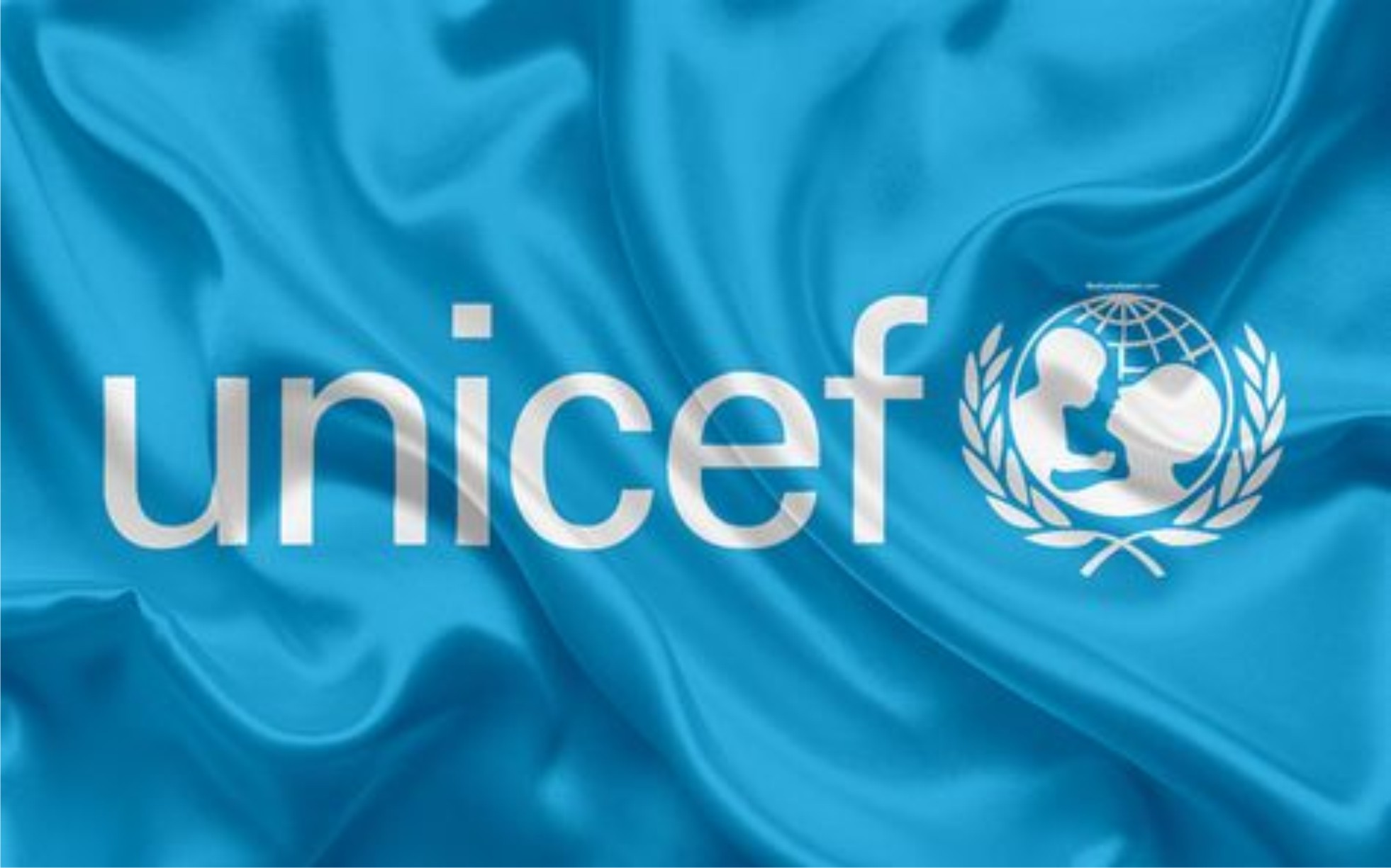Niger Delta
UNICEF, Bayelsa Partner On Post-flood Intervention For WASH

The United Nations Children Fund (UNICEF) and the Bayelsa State Government have commenced a partnership intervention programme on water, sanitation and hygiene (WASH) to enable the state cope with the problems relating to clean, quality and hygienic water posed by the floods which destroyed sources of water in impacted areas across the State.
Towards this end, the UNICEF and the state government during the week held a one-day stakeholders engagement meeting for the WASH intervention emergency programme for the seven impacted council areas of the state.
Declaring the programme open, the Bayelsa State Commissioner for Water Resources, Mr Keme Wariebi, commended UNICEF for the partnership.
He noted that though the state government was still working assiduously to achieve the SDGs stipulated guidelines on clean, safe and hygienic water in all parts of the state, the intervention partnership by UNICEF was a welcome development.
He reiterated the commitment of the State Governor, Senator Douye Diri-led prosperity administration in provision and execution of water projects in different parts of the state.
“Though as a state, we’re still grappling with meeting up the SDGs target on clean, safe and hygienic water for all Bayelsans, it’s worthy to note that on 12th September, 2021, following the Governor’s commitment towards the practice and observation of good hygienic conditions by our citizens, he, in company of dignitaries from all walks of life, flagged-off the state’s version of a programme tagged, ‘Clean Bayelsa: Use the Toilet Campaign”, he said.
In an overview of UNICEF’s WASH intervention in emergencies such as floods, outbreak of epidemics and conflicts, a Unicef WASH expert from its Enugu Zonal Office, who represented the Port Harcourt field office, Mr Timi Kiakubu, stated that Unicef focuses on three thematic areas of WASH, which are children, water supply and hygiene.
He reiterated that on the water component of WASH, UNICEF’s intervention programmes ensures that water consumed by people, especially children and women during emergencies, were of expected quantity and quality. They also ensure good and proper drainage system.
On the sanitation component, UNICEF ensures that there is proper excreta disposal, vector control and solid waste management mechanisms, while the hygienic component of WASH has to do with UNICEF’s intervention in the promotion of good and acceptable hygienic standards and related matters.
Speaking further on UNICEF’s scope of WASH intervention, Kiakubu said, “While the purpose of the intervention is aimed at reducing the likelihood of transmission of faecal-oral and vector borne diseases, and environmental health risks by promoting good hygienic practices, providing water and sanitation services and ensuring the optimal use of facilities provided in flood-affected areas of Bayelsa State, the scope of the intervention is to enable 10,000 people have improved access to safe and equitable access to sufficient quantity of water for domestic needs.”
He also said the scope of the WASH intervention programme was again to ensure that 21,000 people have improved access to safe and dignified access to sanitation hygienic services, as well as to enable 42,000 people amongst others, benefit from community tailored gender and age-sensitive hygiene, cholera risk awareness and prevention.
It also include IPC messages providing the people with WASH/hygiene, non-food items to support proper food and personal hygiene practices.
“The UN General Assembly Resolution of July 28th, 2010 gave all humans the right to clean, hygienic water and sanitation. Poor implementation of WASH causes more than half of global diarrhea disease. Inadequate WASH facilities act as barriers to children’s attendance and performance in schools, especially girls.
“Safe WASH in healthcare facilities (HCF) is critical for maternal and newborn health. Women and girls are the most affected by poor WASH generally. It causes them loss of their productive and leisure time, and leads to loss of dignity and threat to sexual assault”, UNICEF said.
The Tide reports that highpoints of the event included goodwill messages and experience sharing by participating MDAs and individuals, including the Bayelsa State Emergency Management Agency (BYSEMA), the Rural Water Supply and Sanitation Authority (RUWASSA), State Universal Basic Education Board (SUBEB), the State’s Primary Healthcare Development Agency, and the National Orientation Agency (NOA), amongst others.
Niger Delta
INC Polls: Ogoriba Pledges To Continuously Stand For N’Delta Rights … Picks Presidential Form

Niger Delta
Edo Partners Stakeholders For Better Land, Housing Services

Niger Delta
Otu Reiterates Commitment To Support Military Veterans, Families

-

 Sports3 days ago
Sports3 days agoTinubu Lauds Super Eagles’ after AFCON bronze triumph
-

 Sports3 days ago
Sports3 days agoAFCON: Lookman gives Nigeria third place
-

 Sports3 days ago
Sports3 days agoFulham Manager Eager To Receive Iwobi, Others
-

 Sports3 days ago
Sports3 days ago“Mikel’s Influence Prevent Some Players Invitation To S’Eagles Camp”
-

 Sports3 days ago
Sports3 days agoMan of The Match award Excites Nwabali
-

 Sports3 days ago
Sports3 days agoRemo, Ikorodu set for NPFL hearing, Today
-

 Sports3 days ago
Sports3 days agoPolice Games: LOC inspects facilities in Asaba
-

 Niger Delta3 days ago
Niger Delta3 days agoINC Polls: Ogoriba Pledges To Continuously Stand For N’Delta Rights … Picks Presidential Form

